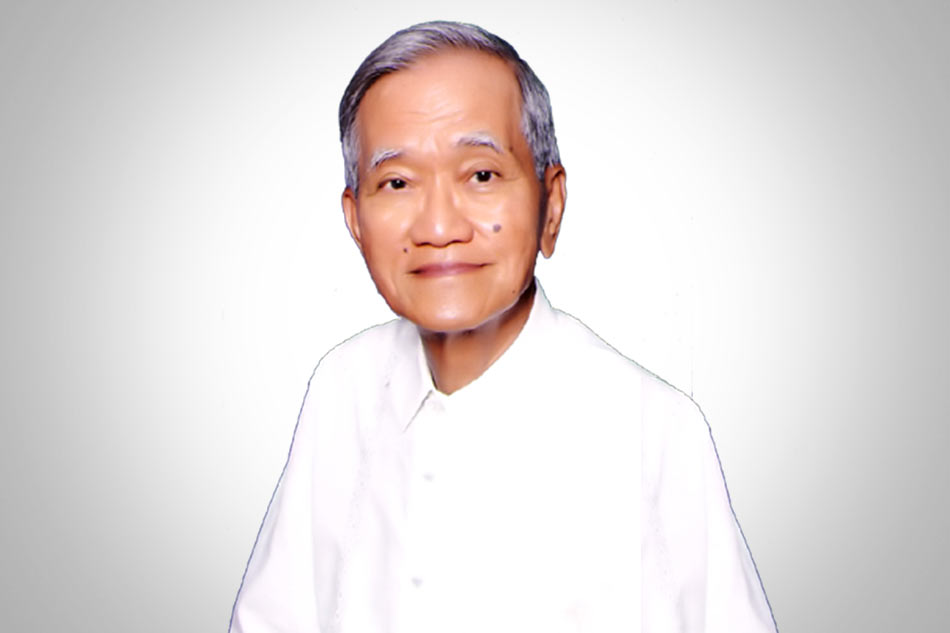This is the third year I have done guiding duties for the awardees of Ramon Magsaysay Award Foundation. For sixty years now the foundation has ferreted out ordinary individuals who have, in their own simple way achieved extra ordinary things benefiting a larger base of people either from one community, province or country. I am very fortunate to have done the guiding for them along with fellow Mabuhay Guide Yael Fernandez. This year, though, marks the maiden year that I will be showing them around Manila on my own. Apparently, Yael could not make it on this particular Sunday morning (2 September, 2018).
I have written about the Ramon Magsaysay Awards in previous posts. The institution serves to honor the memory of our third president of the Philippine republic who has distinguished himself as a paragon of socio-political change and moral fortitude. The board of directors of the foundation with Ms. Carmencita T. Abella at its helm gives citations to people whose singular vision, courage and strength have improved the situation, inspired the thinking, and changed the lives of a greater majority. This year's awardees have been conferred the RM Awards for their acts of compassion and selfless devotion to the cause they champion. The awards are given in formal ceremonies at the Main Theater of the Cultural Center of the Philippines on the 31st day of August coinciding with the ;ate president's birth anniversary.
| Youk Chhang rreceiving his award (*photo credits to owner) |
Officially, the tour started at nine a.m. with a short bus tour to the Rizal Monument for official photos. All the awardees were able to join the tour with the exception of Mr. Youk Chhang of Cambodia who went on a sentimental journey to retrace his steps when he moved to Bataan as a refugee in his younger years. A victim of the Khmer Rouge genocide that lasted from 1975-1979, his family was enslaved by the Khmer Rouge in a rural commune. He experienced torture and witnessed the death of his father, five of his siblings along with sixty of his relatives in the commune. At seventeen he was able to cross the Thai border to freedom and made his way to the United States where he earned a graduate degree in a political science after which he returned to Cambodia after the transition to a stable government to take on the task of documenting the horrors of the Khmer Rouge regime.
 |
| Mr Youk Chhang (*photo from Wikipedia) |
He has taken on the responsibility of collating vital information, evidence and research and documentation on the horrors in Cambodia during that period. His work has served as a basis for evidence for crimes against humanity and published and digitized for online public access, introduced digital mapping of over 23,000 mass grave diggings and countless interviews with both victims and perpetrators in ensuring that these events are never forgotten and that the future generations will never experience these horrors again. To date, he is establishing the Sleuk Rith Institute which will house a museum, archives, a library, research center; and a graduate program on crimes against humanity to sustain the Documentation Center of Cambodia (DC-CAM) as a resource center for a world deeply scarred and still threatened by genocide.
| Youk Chhang (*Getty images) |
Youk Chhang's personal tragedy not only serves to remind future generations of past horrors but wishes to transform it to a positive force in attaining and preserving justice in his nation and the world.
 |
| Mr. Howard Dee (*photo credits to the owner) |
Also unable to experience the tour is Mr Howard Dee of the Philippines. Mr. Dee was born to a middle class Chinese family engaged in the lumber business based in Tondo, Manila. After completing his studies at the University of the East, he carved out a name for himself as a successful businessman as a shareholder of Unilab which was a pioneering local pharmaceutical company. In 1970 he established the Philippine Business for Social Progress (PBSP), composed of business corporations that allotted 2% of their profits for social development.
Eventually, he left Unilab and PBSP and established the Assisi Development Foundation with Jesuit priest Francisco Araneta, S.J. The ADF has saved 10.5 million Filipinos with 4,123 projects. It incubated ASA Philippines in 2004 that has become the largest, best-performing micro-finance institutions in the country. Together with the Catholic Church, they started the Hapag-Asa, a integrated feeding program that has fed 1.8 million Filipino children. He also mobilized a concerted effort among corporate entities, civil society, media and church groups called Tabang Mindanao (Help Mindanao) that served to provide assistance of food, shelter, water systems, farm support and health and education assistance to families displaced by the drought, armed conflict and deportation of Filipinos from Sabah. The ADF also took up the cudgels for the Indigenous Peoples of Mindanao through legislative and educational assistance, scholarship, leadership training and IP development programs, like the Pamulaan Center for Indigenous People's Education in Mindanao.
Mr Dee's mild demeanor yet, persevering spirit aids him in quietly working to establish a balanced solution to emergencies thus being a conduit to government assisted programs. He has been approached by government to lead peace-building and reform initiatives such as the National Peace Conference (1990-1992), Peace Talks with Communist Party (1993-1994) and the Bangsamoro Basic Law Peace Council (2015). He has served for five Philippine administrations in four different capacities across sectral and party lines. Mr Dee was our host for lunch but since he was still suffering from a lingering malady. In his stead his children welcomed us and fellow awardees to a sumptous lunch at the Peking Garden in Greenbelt I.
No comments:
Post a Comment